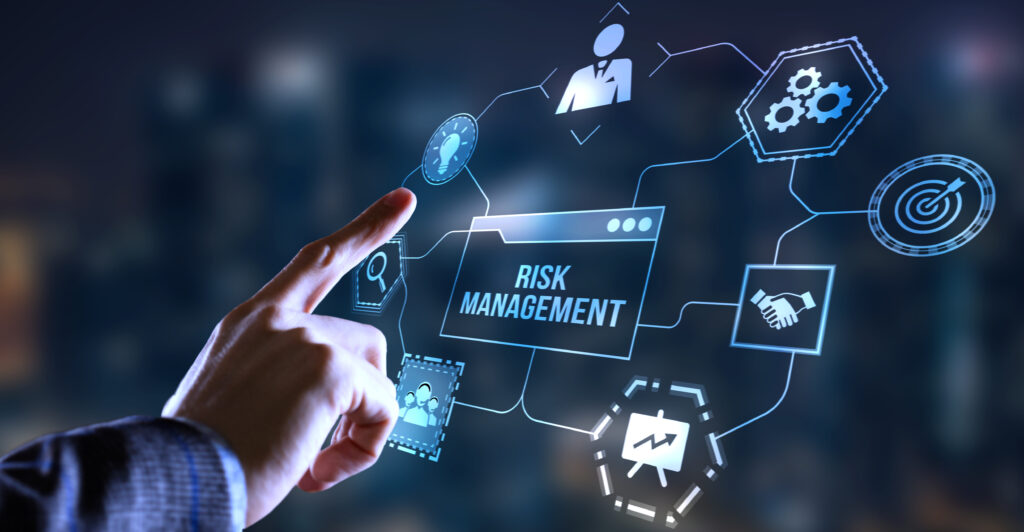Introduction
In the vast universe of the internet, there exists a shadowy corner known as the Dark Web. Often misunderstood and shrouded in mystery, it’s a place that piques curiosity and fear in equal measure. But what exactly is the Dark Web? And more importantly, why should it matter to you? In this article, we’ll unveil the secrets of the Dark Web, answer your burning questions, and explain why understanding this hidden realm is crucial in today’s digital age.
What is the Dark Web?
The Dark Web is a part of the internet hidden from conventional search engines and accessible only through specialized software like Tor. It allows users to remain anonymous, making it a haven for both legitimate privacy-conscious activities and illicit dealings. Understanding the Dark Web is crucial because it highlights the dual nature of internet privacy and the complexities of digital anonymity.
What is the difference between the Deep Web and Dark Web?
While the terms are often used interchangeably, there’s a distinct difference. The Deep Web includes all parts of the internet not indexed by search engines, like your email inbox. The Dark Web, however, is a deliberately concealed part of the Deep Web, notorious for its association with illegal activities, though it also hosts legitimate content like journalism and political activism.
How safe is it to browse the Dark Web and what are the risks?
Browsing the Dark Web comes with significant risks. While it’s not illegal in itself, it’s fraught with potential dangers like exposure to illegal content, cybercrime, and the risk of data theft. It’s a digital wild west, where the anonymity that protects also emboldens malicious actors.
Do cybercriminals really want my data and how much is it worth?
In the Dark Web’s clandestine markets, personal data is a commodity. Cybercriminals often target sensitive information like credit card numbers and personal identities. Each piece of data may have a modest individual value, but in aggregate, they’re worth a fortune.
How can I prevent my data from getting on the Dark Web?
Protecting your data starts with fundamental cybersecurity practices. Use strong, unique passwords for each account, employ multi-factor authentication, and consider a dark web monitoring service. Regularly updating your software and being cautious about sharing personal information online are also key steps.
Why Should You Care?
Understanding the Dark Web is more than an exercise in curiosity; it’s a matter of safeguarding your digital identity. In an era where data breaches and cyber threats are increasingly common, being aware of the Dark Web and how it operates can help you better protect your personal and professional data from falling into the wrong hands.
Conclusion
The Dark Web remains a topic shrouded in mystery and controversy. While it’s a testament to the vastness and depth of the internet, it also represents the challenges we face in balancing privacy, security, and ethical use of technology. By understanding the Dark Web, you equip yourself with knowledge — the most powerful tool in the digital age for ensuring your safety and privacy online.
References
Tor Project: This is the official website for the Tor Project, providing detailed information on how the Tor browser works and its role in accessing the Dark Web.
Comparitech: This article offers an in-depth explanation of the differences between the Deep Web and the Dark Web, including the types of content found in these areas.
ISACA: Bruce R Wilkins from ISACA explains in details what is the Dark Web.
InsuranceBusiness: This article offers insights into the value of personal data on the Dark Web, explaining how cybercriminals profit from stolen data.
CapitalOne: CapitalOne provides practical tips on how to protect your personal data from ending up on the Dark Web, including the use of password managers and other security measures.
Fortinet: Fortinet explains the process and benefits of dark web monitoring, a service that alerts you if your personal information appears on the Dark Web.




